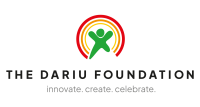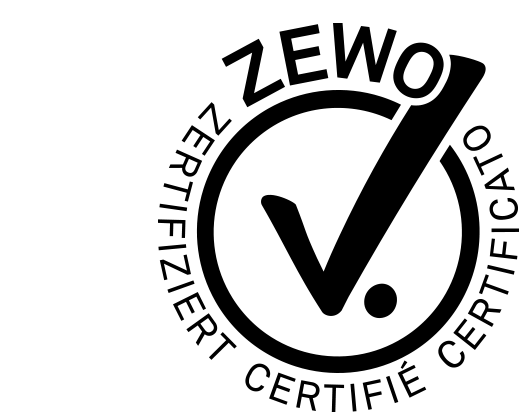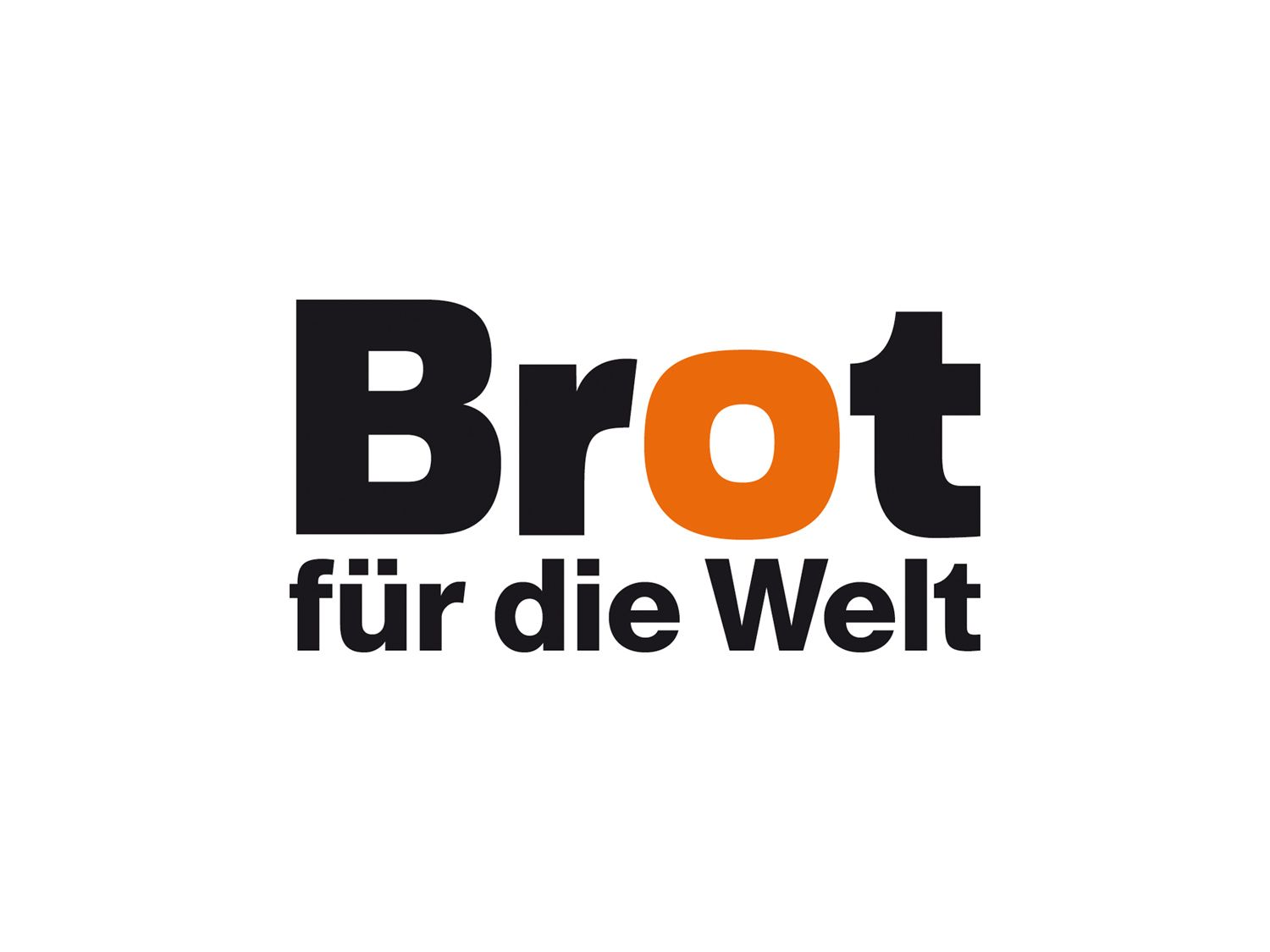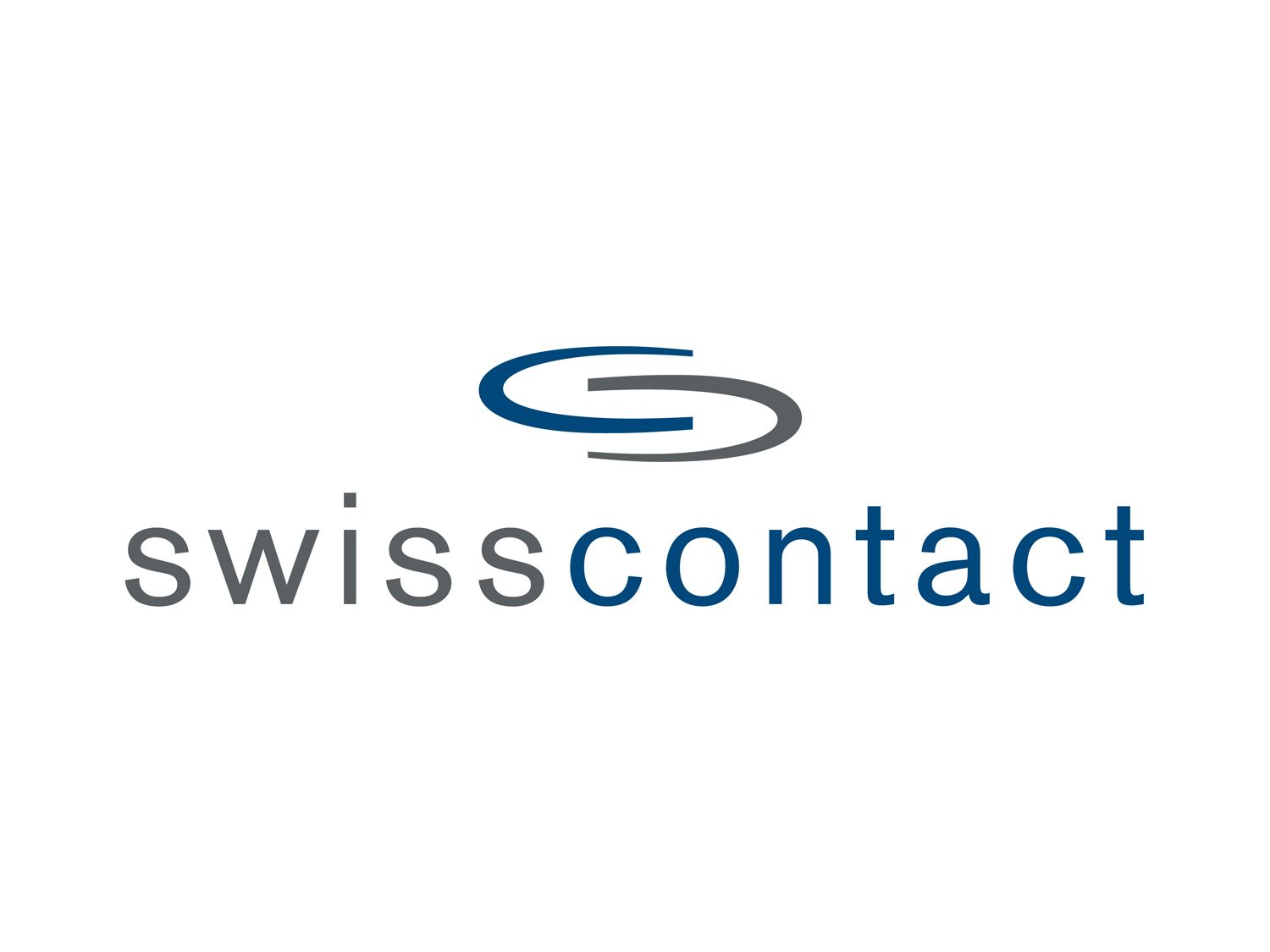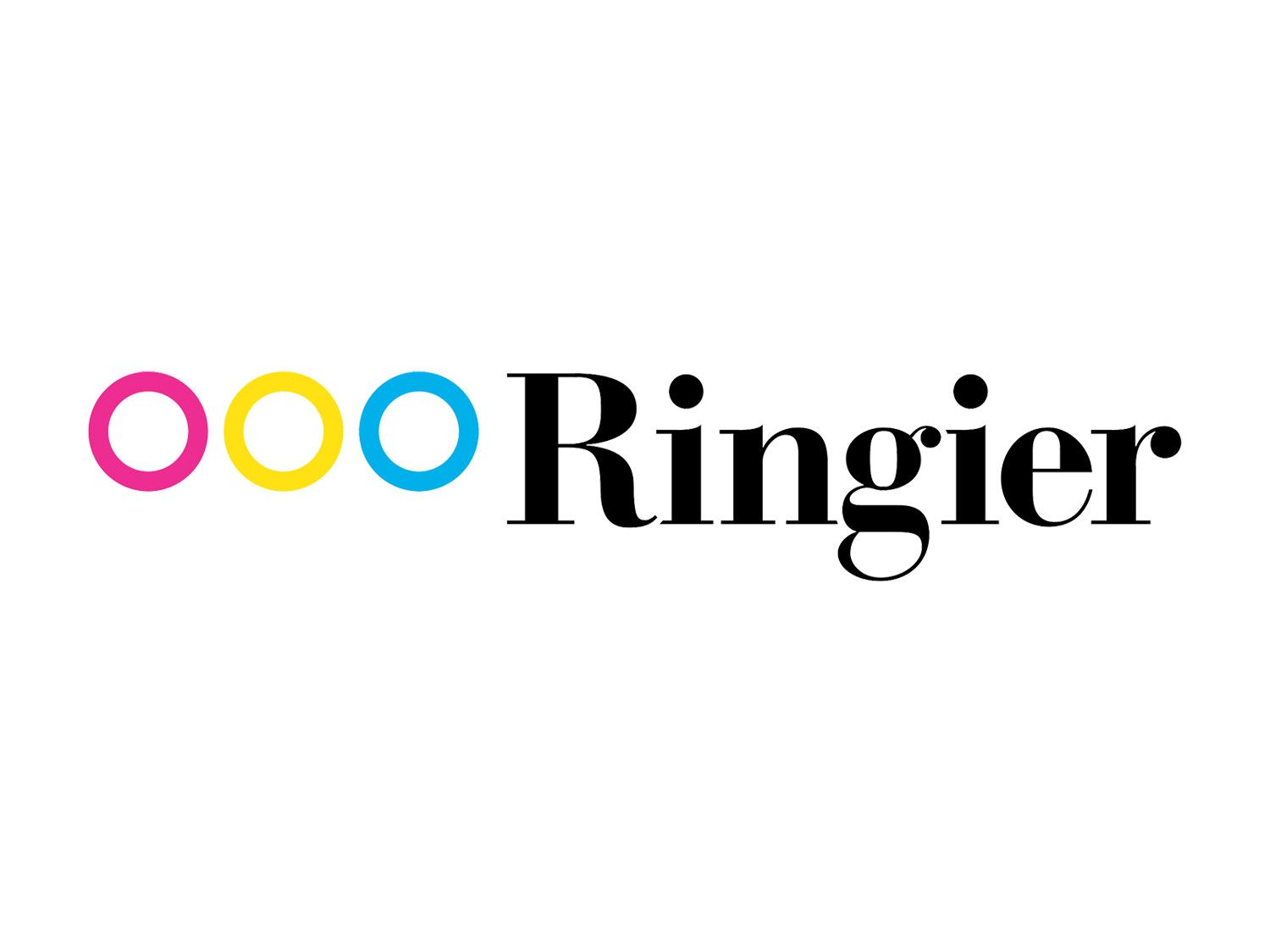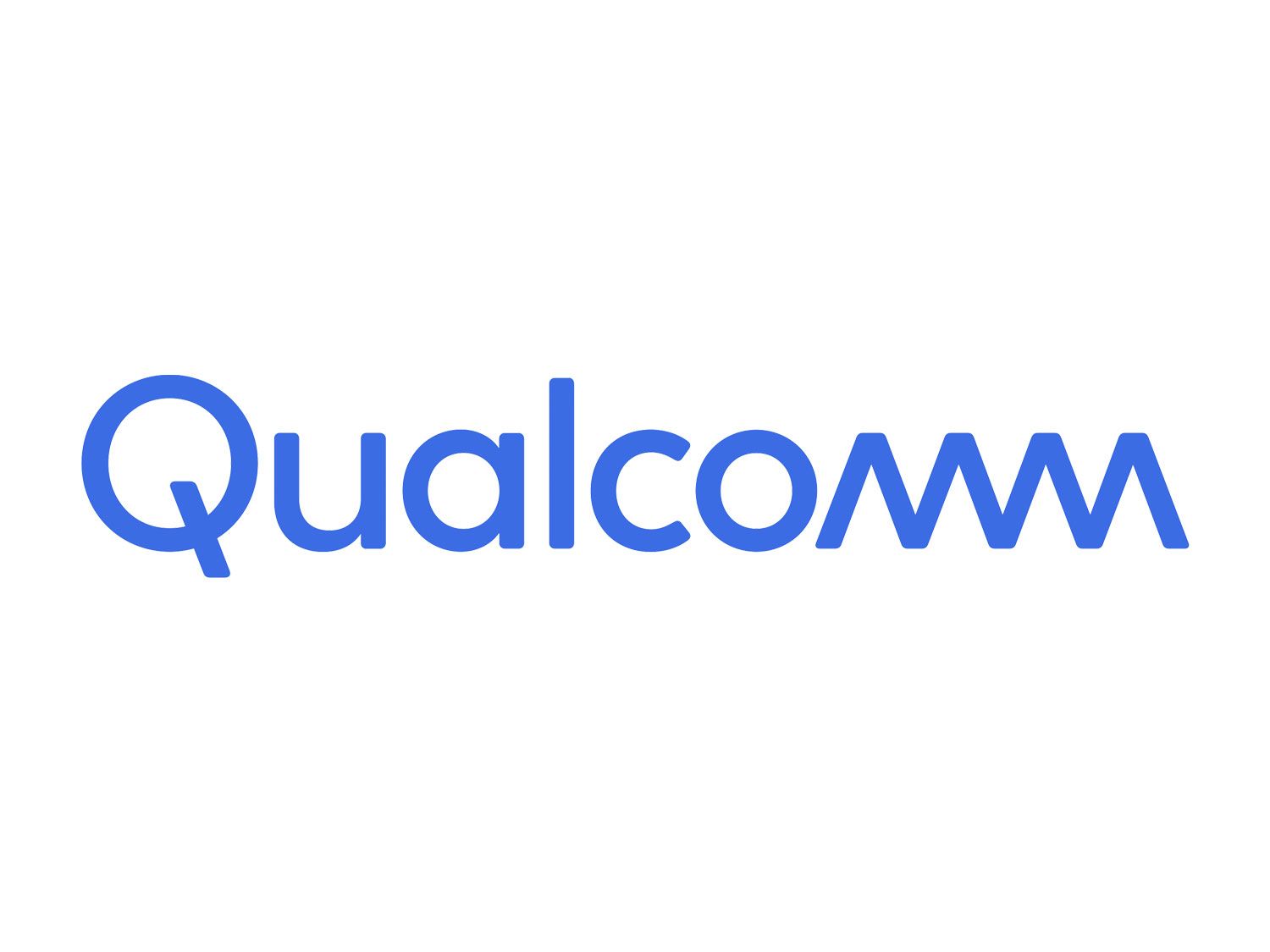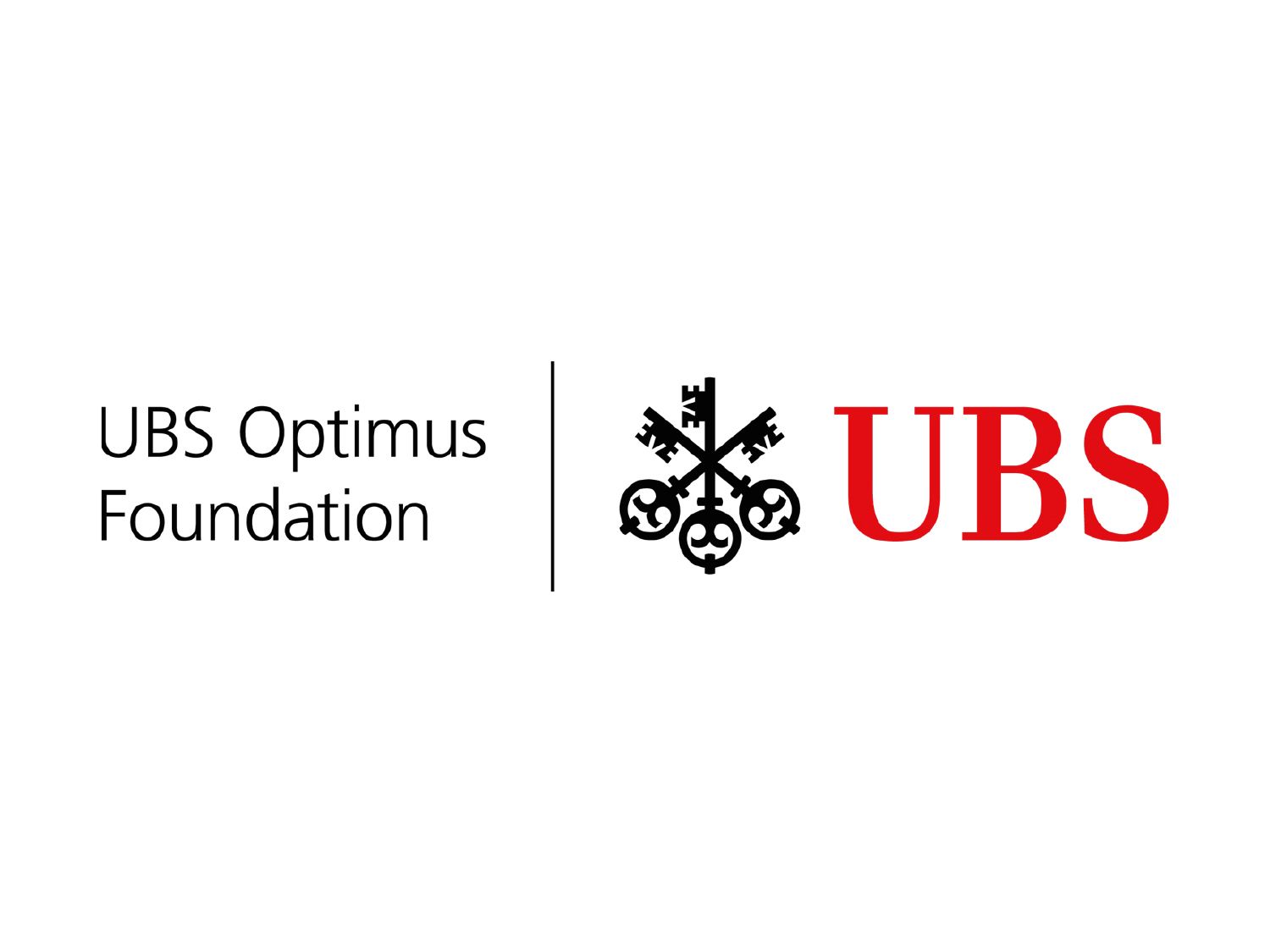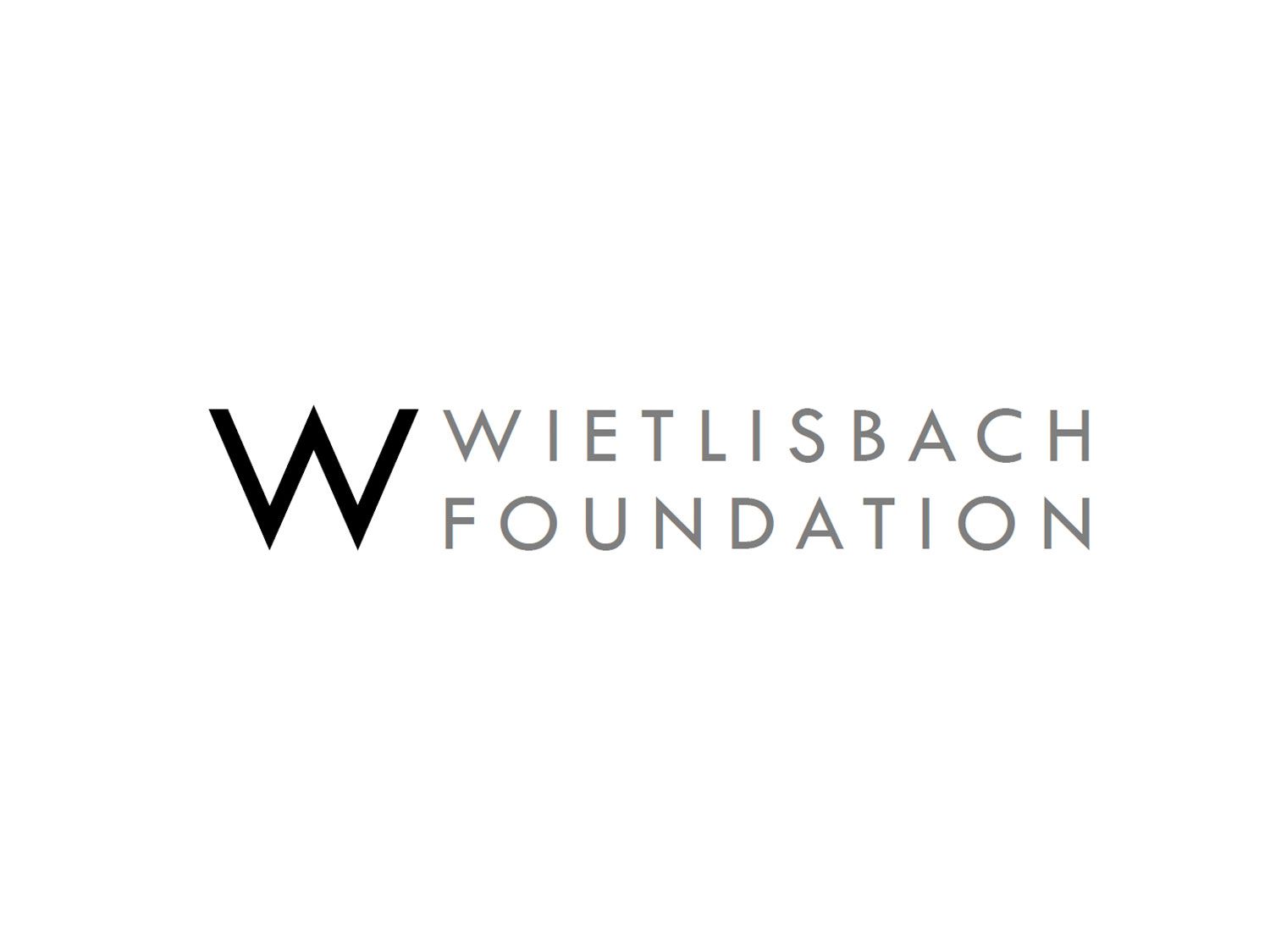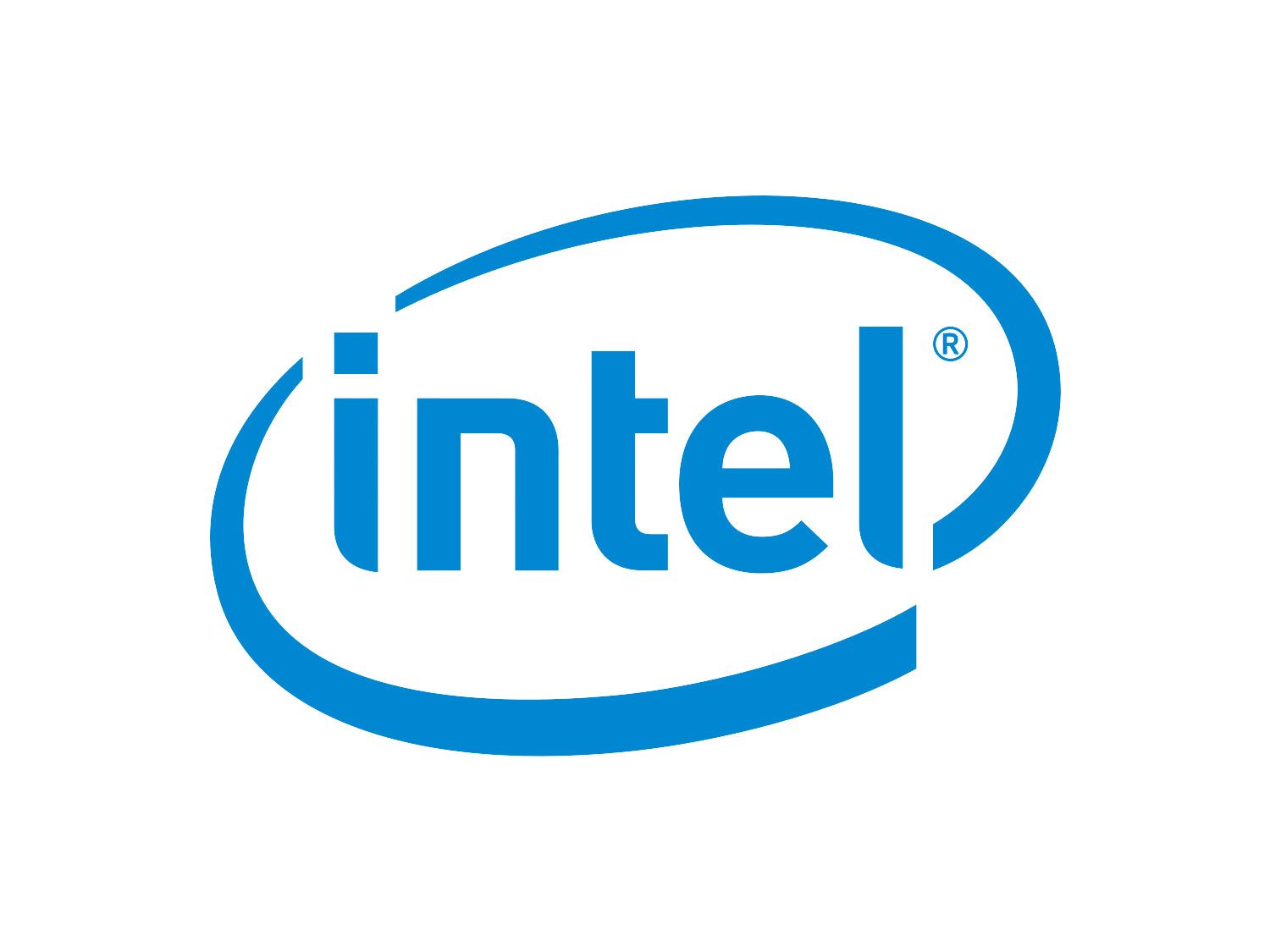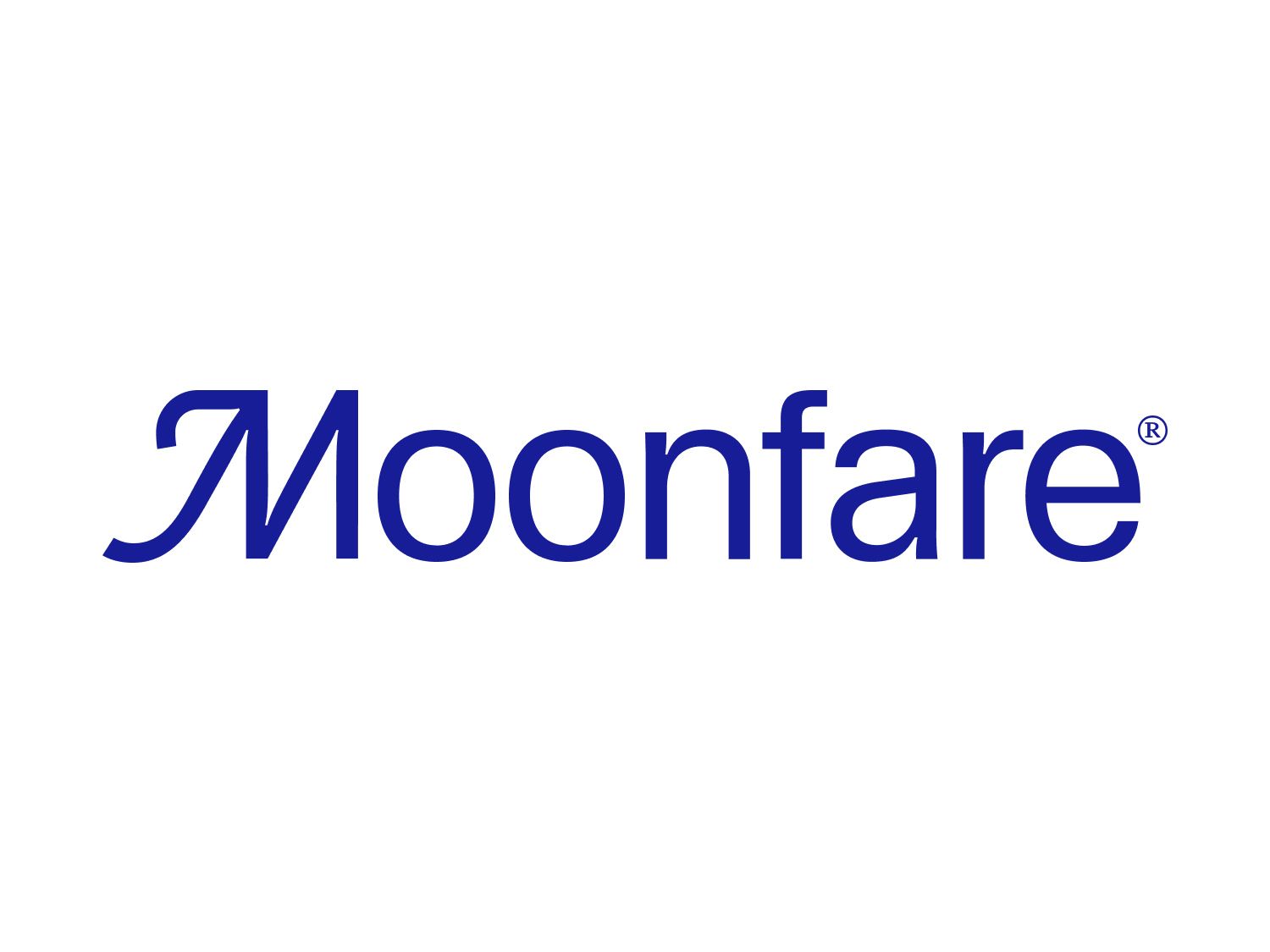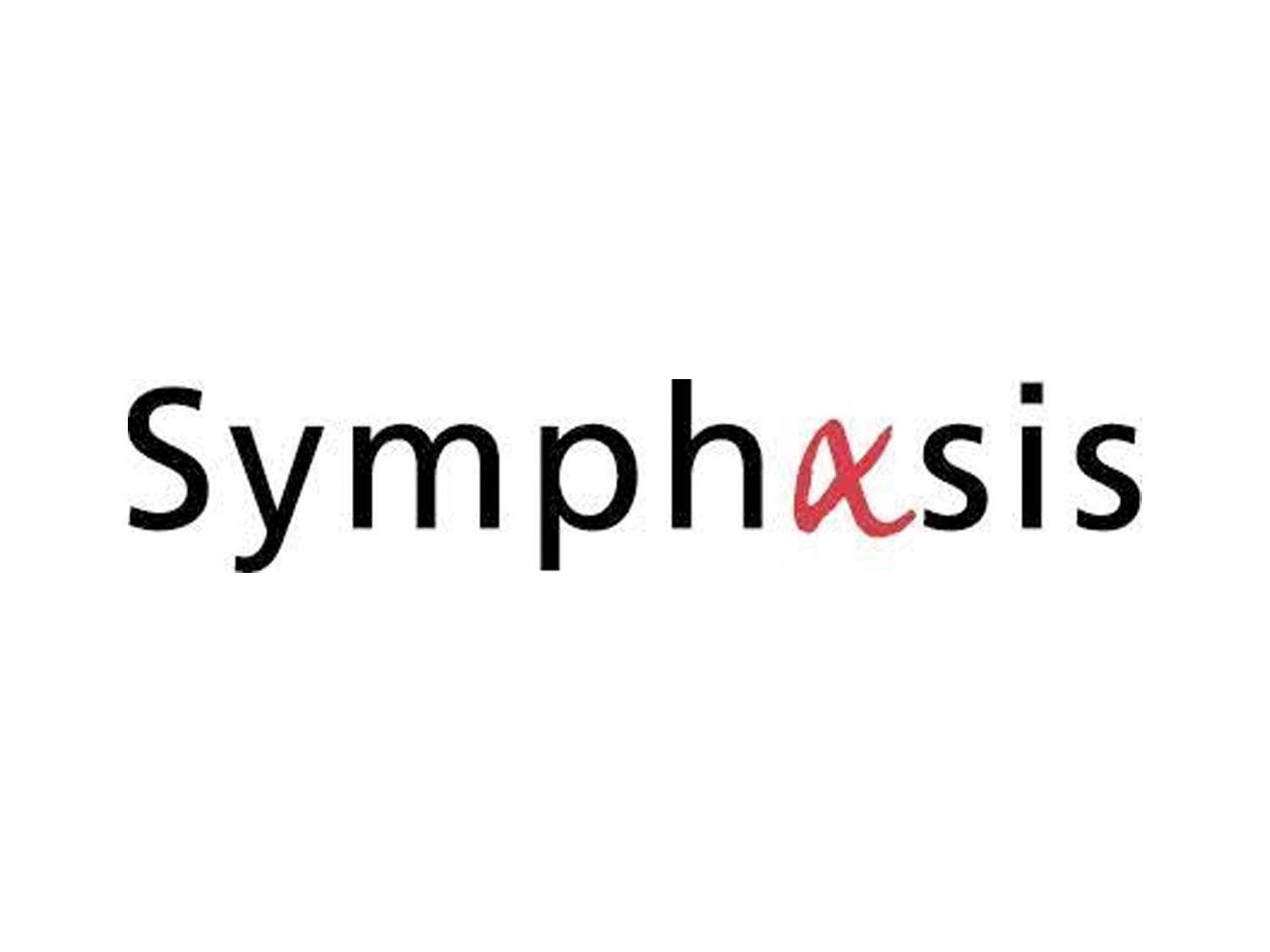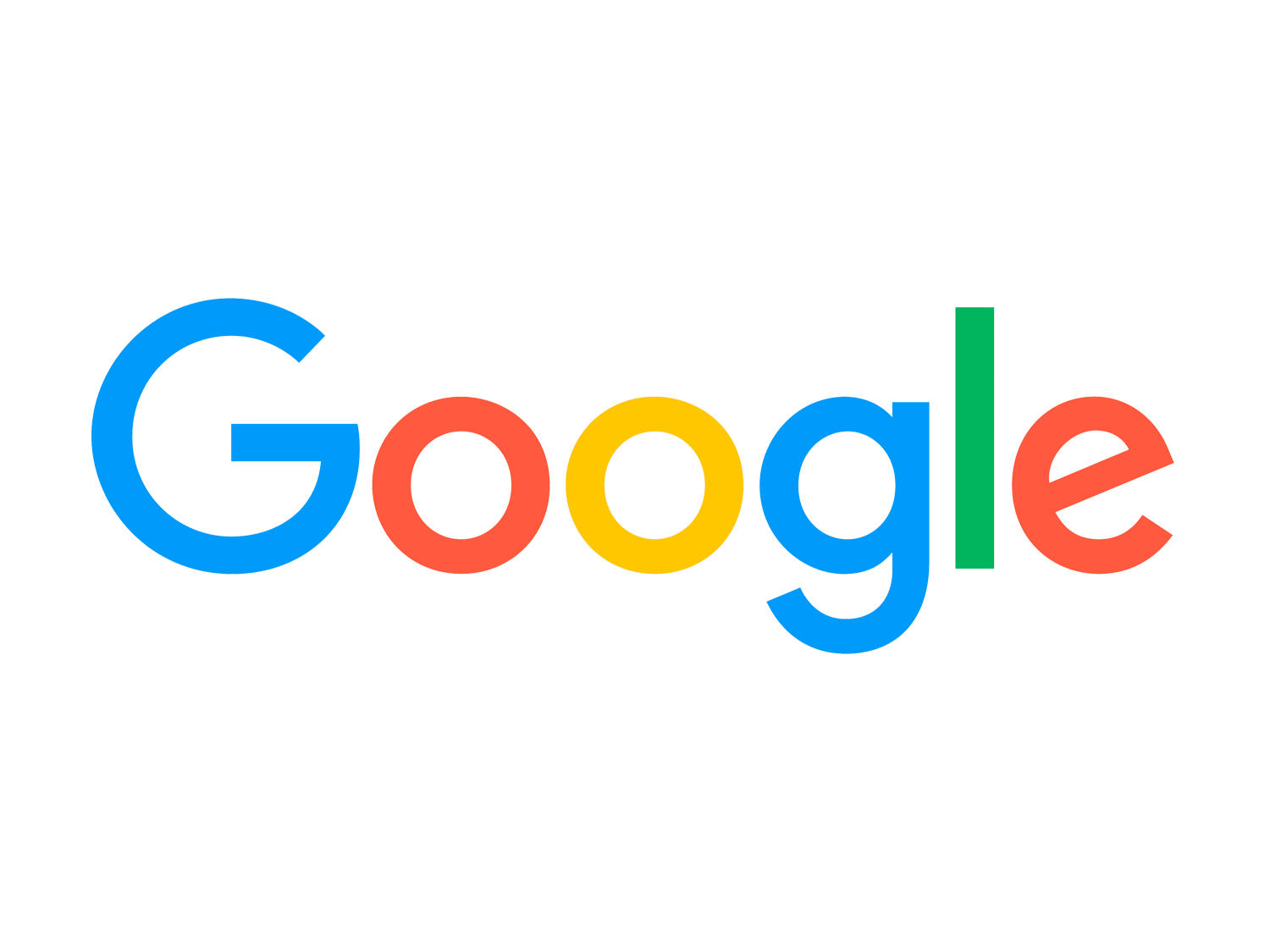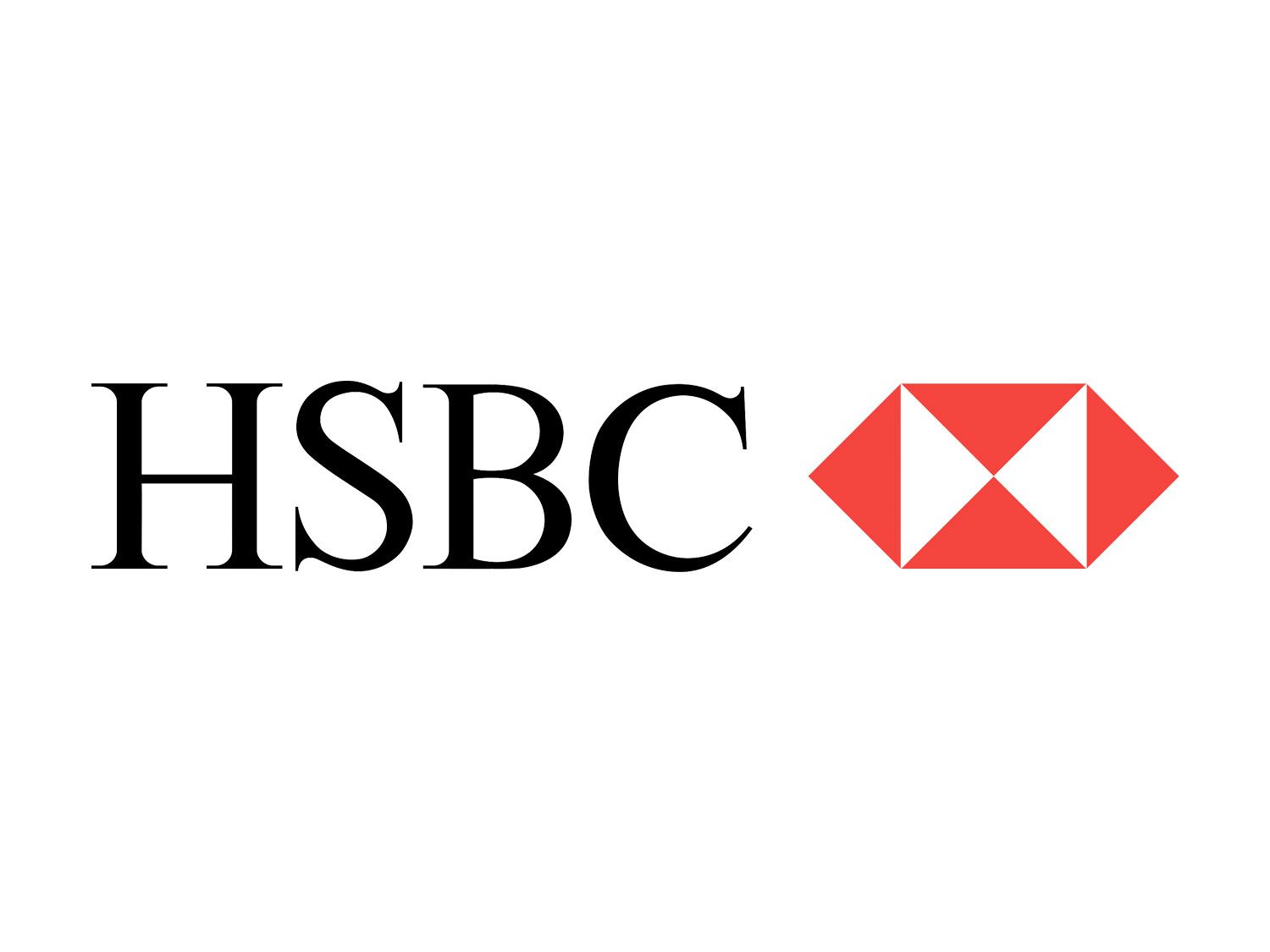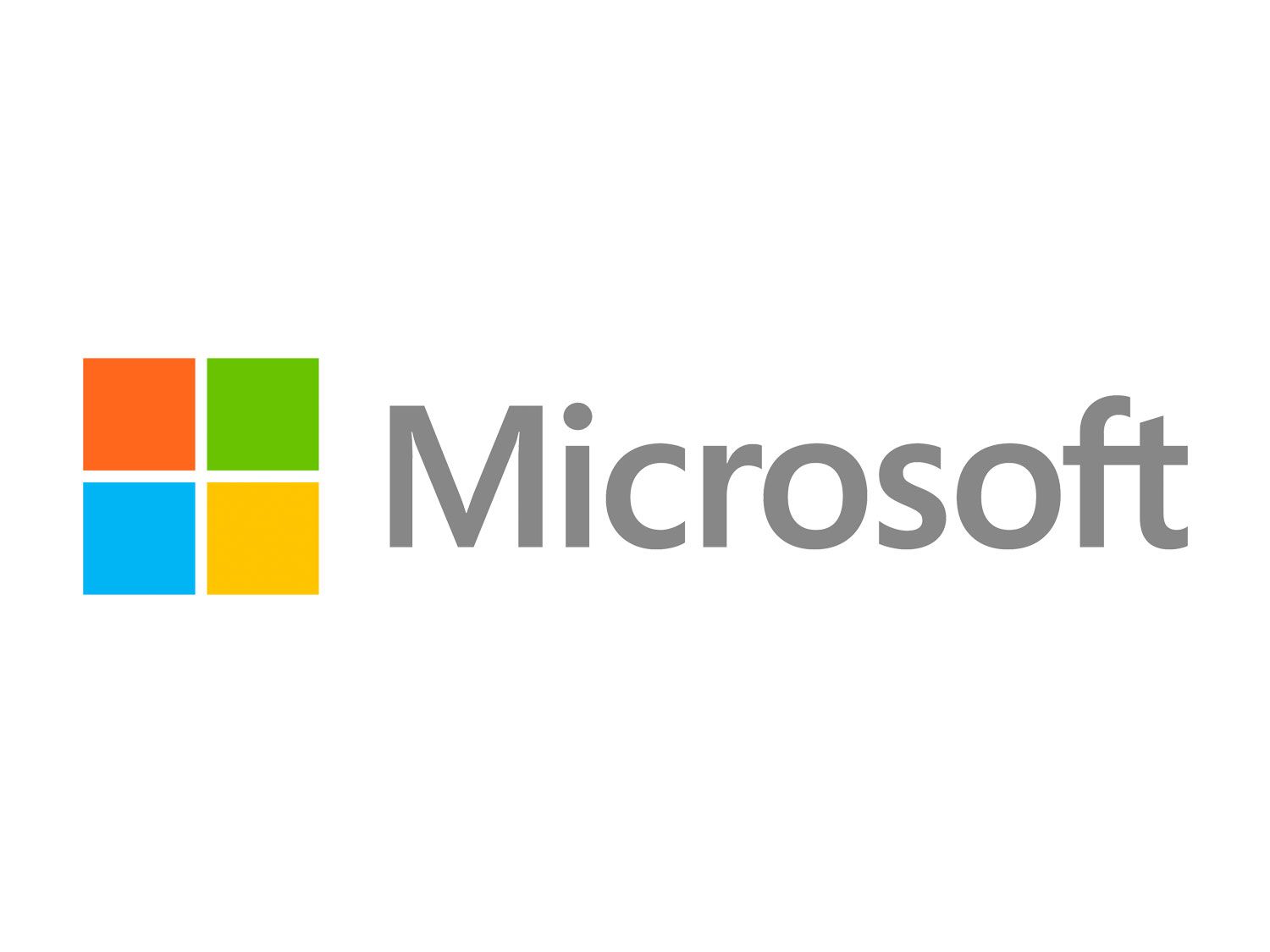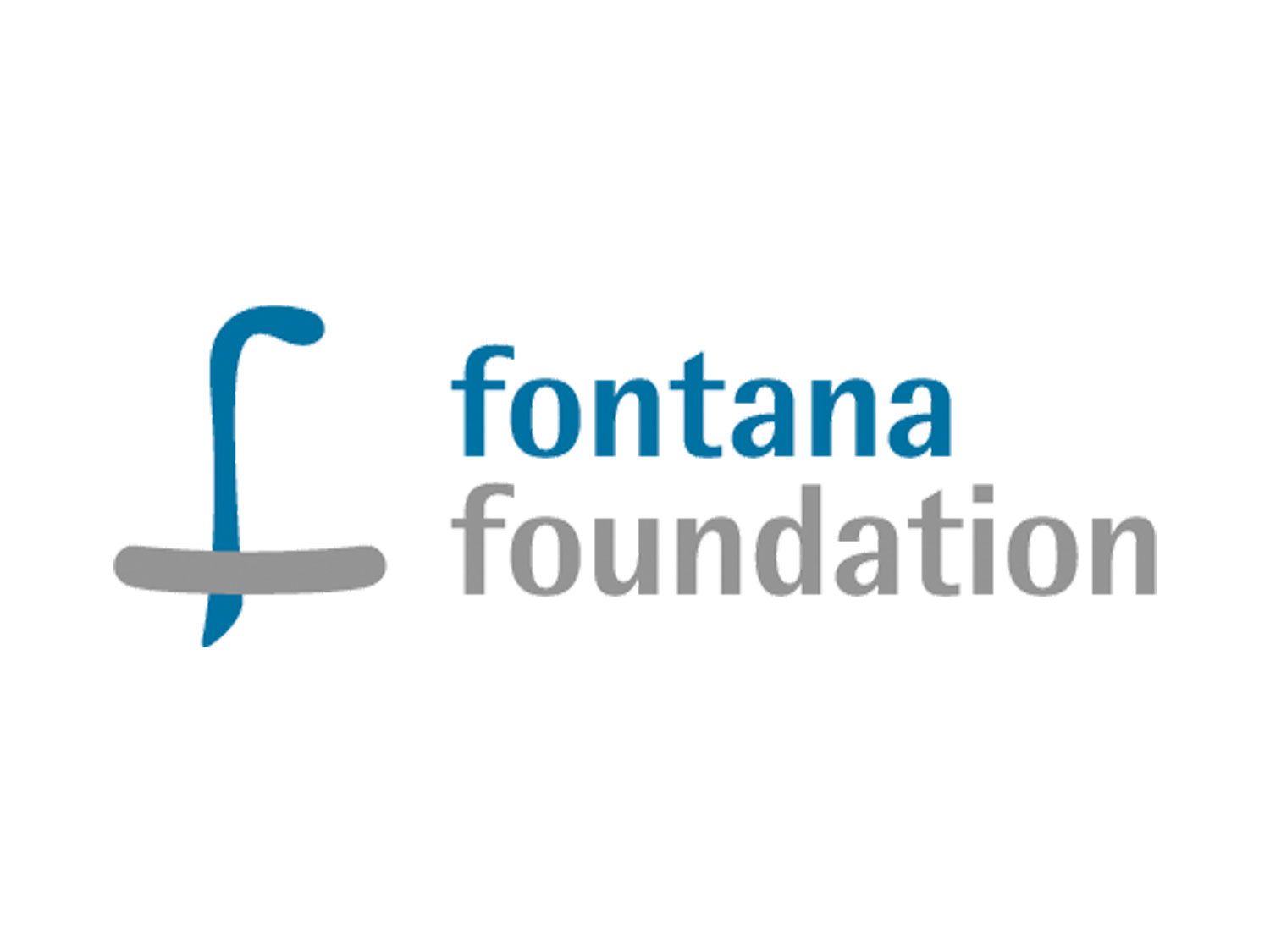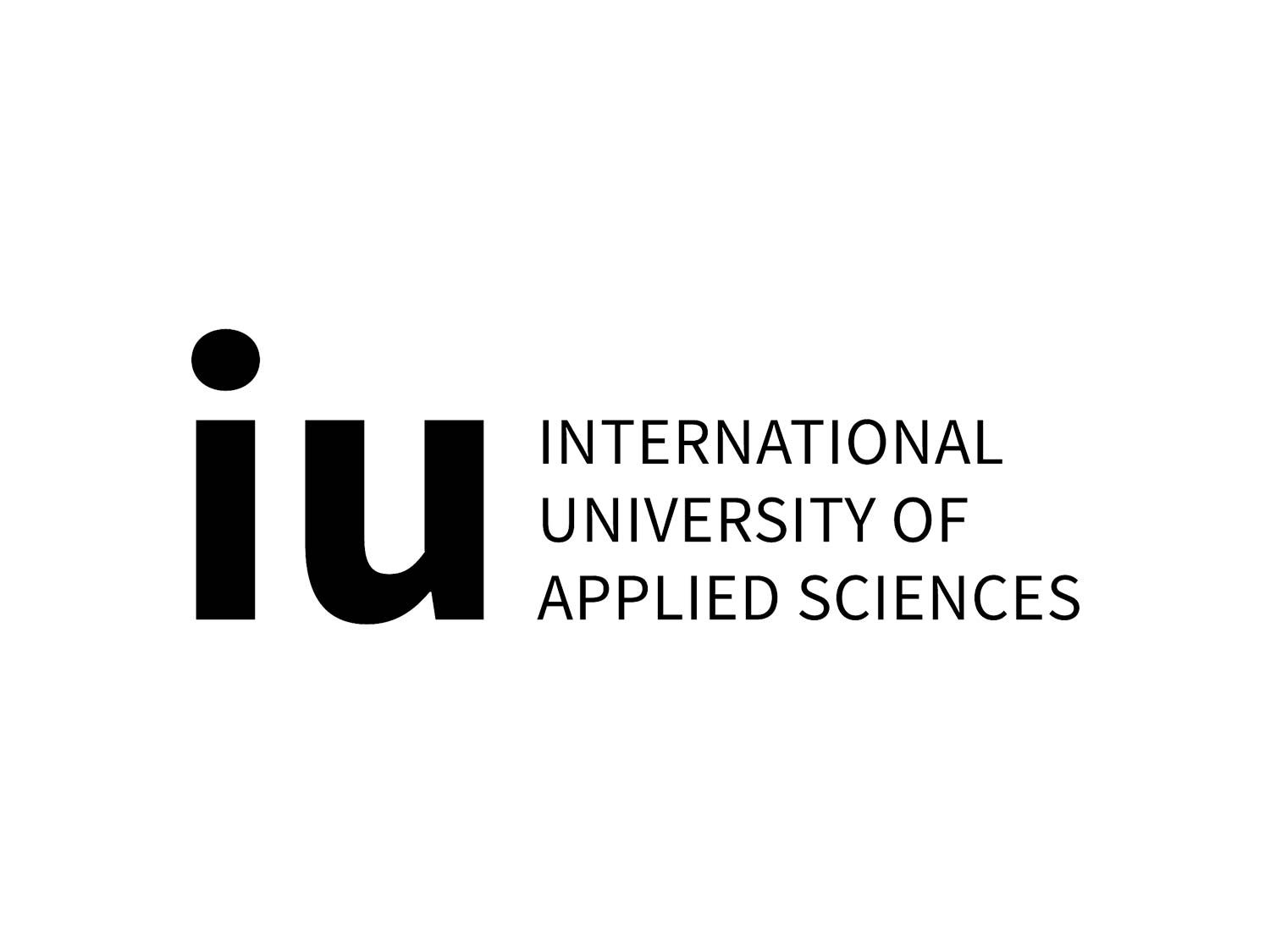



We’re Building Tomorrow’s Innovators Today
After two decades of empowering underserved communities, we’re evolving into something bigger. Starting in 2026, we’re transitioning from basic digital literacy to an advanced model of technology education that prepares the next generation for the digital world. Through our new Dariu Tech Club™ Initiative, we’re establishing 500 technology hubs across Southeast Asia and Africa where young people gain high-quality skills in coding, applied AI, and entrepreneurial thinking. These clubs combine free online courses with dynamic, hands-on learning environments where students translate knowledge into real projects that solve everyday problems.
Latest Projects
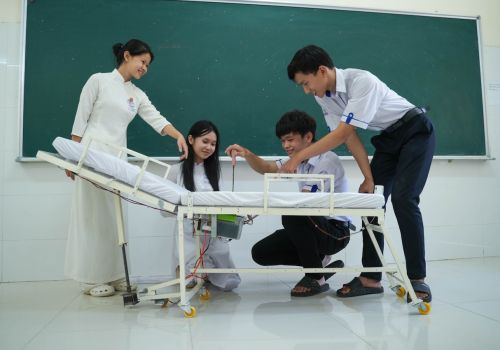
AutoSense Bed – Smart Healthcare Monitoring
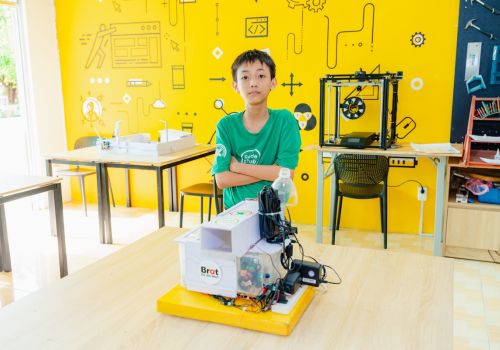
SMART MIST HUMIDIFIER
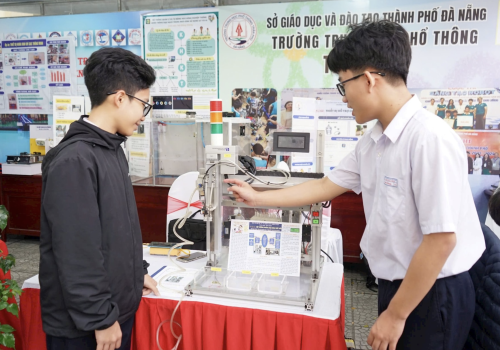
Fabric Color Sorting System
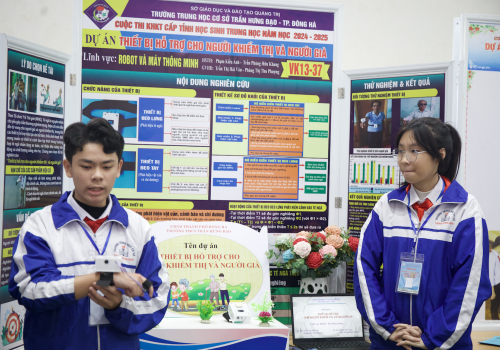
SMART ASSISTIVE DEVICES FOR ELDERLY CARE
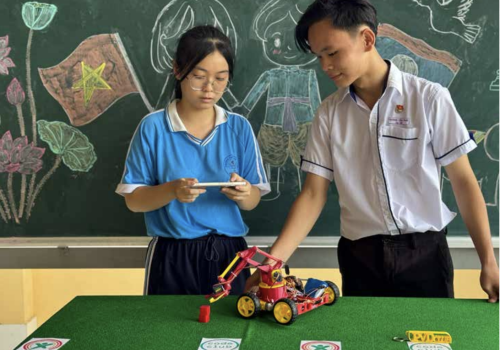
MULTI-FUNCTIONAL RESCUE ROBOT
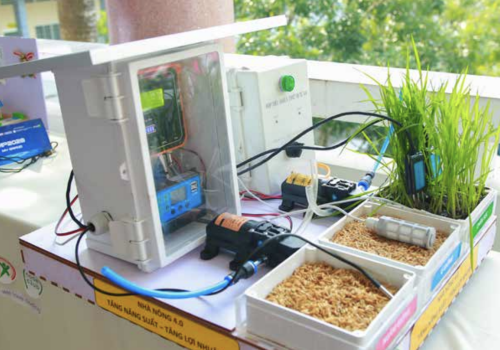
RICE GUARDIAN
What we do
The Dariu Foundation is dedicated to transforming the lives of disadvantaged youth through digital education, bridging the gap between urban and rural opportunities. By providing essential coding skills, we empower children to thrive in a digital world, fostering creativity, critical thinking, and self-confidence. With over 2.5 million coding classes completed, we are committed to reaching millions more by 2027, ensuring that every child has the chance to succeed and innovate.
A production by Alberto Venzago
Partner
We are proud of our work and the continuous effort to create opportunities for thousands of people among the disadvantaged communities.
We would like to express our sincere thanks to all our former and current donors, without whom our achievements would not be possible.
OUR MISSION
Our mission is to achieve a sustainable impact for 2.5 million people by 2025. “The Dariu Foundation” follows the United Nations “2030 Agenda” with its 17 Sustainable Development Goals. This agenda aims to end poverty for all people by 2030 by integrating the following goals:
Goal Number 4 – Quality Education
Goal number 5 – Gender equality
Goal number 8 – Decent work and economic growth
